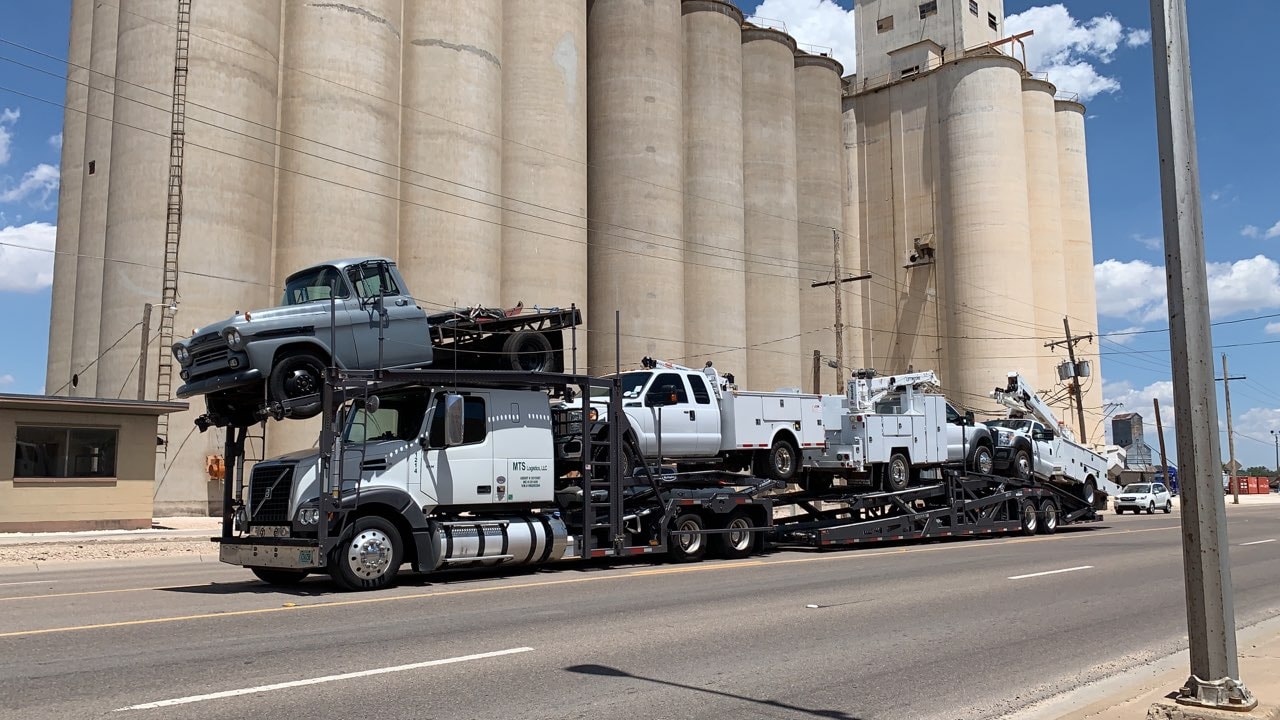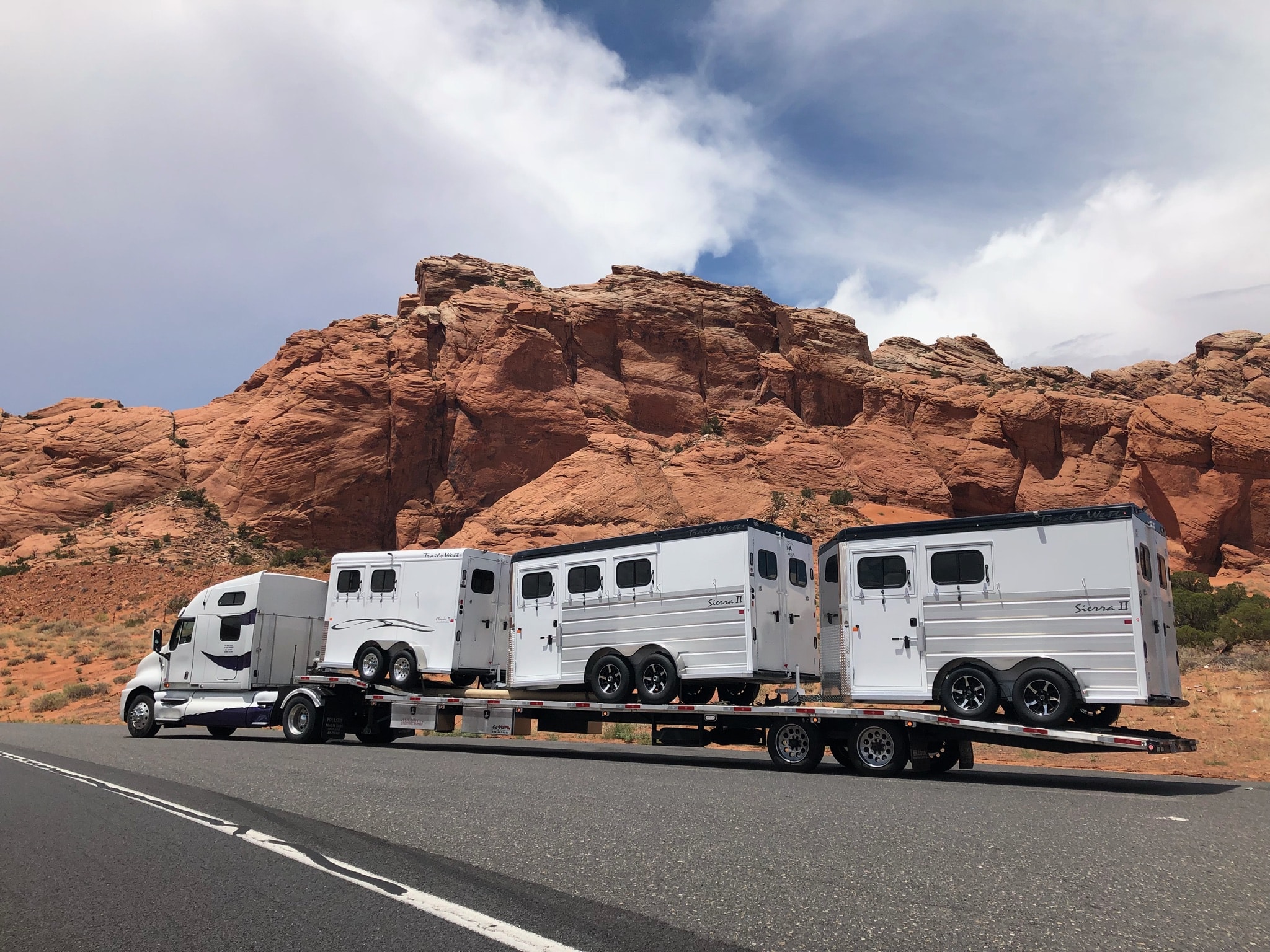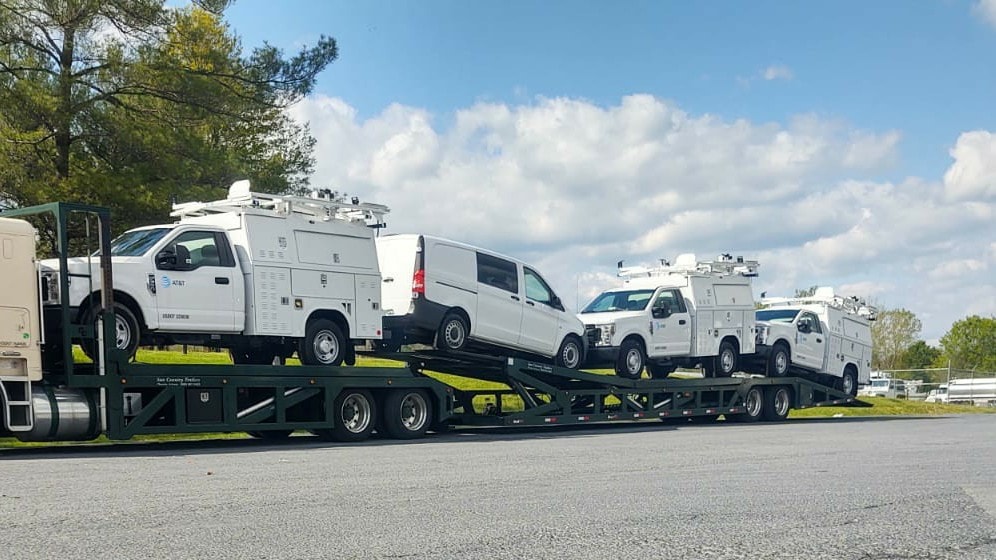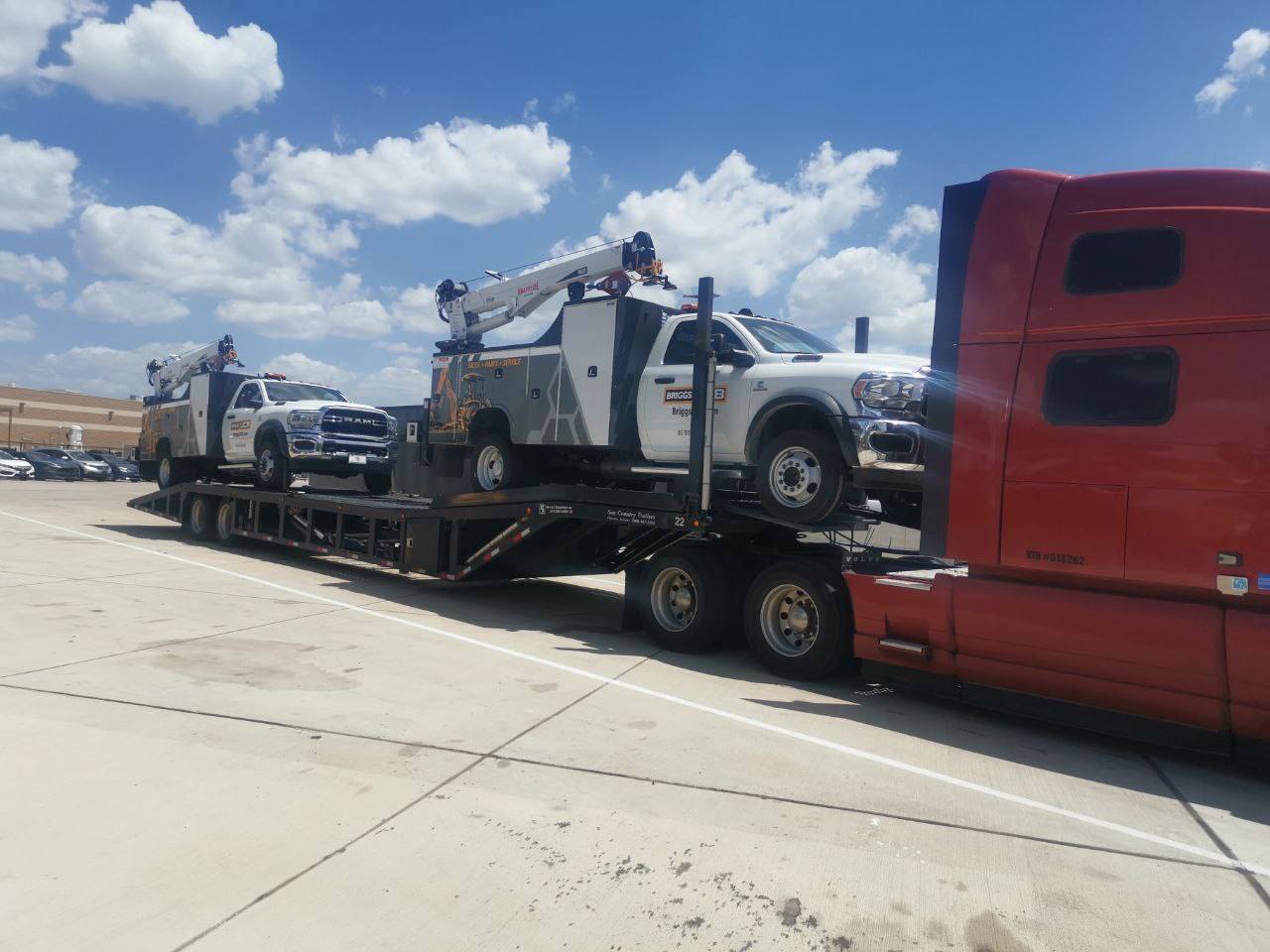Over Sized
over sized
Shipping trucks requires careful planning and execution to deliver them safely and efficiently. Reliant Auto Transport Inc., top commercial truck shipping company in the United States, specializes in transporting all types of freight, including trucks, across the country. This article will explore the key considerations for shipping different classes of
oversized vehicles.
Types of Trucks That Get Shipped
Many types of trucks get transported in the U.S. for various purposes:
Pickup Trucks
The bestselling vehicle class in the country, pickup trucks need shipping for deliveries to dealerships or relocations. The major pickup truck models shipped include the Ford F-150, Chevy Silverado, GMC Sierra, Ram 1500, Toyota Tundra, and Nissan Titan. Both new and used standard-sized pickup trucks, as well as oversized pickup trucks, require transport.
Commercial Trucks
These heavy duty trucks transport goods across long distances. Common commercial trucks that require shipping are tractor-trailers, dump trucks, utility trucks, concrete mixers, garbage trucks, street sweepers, flatbed trucks, tow trucks, and tank trucks. Food trucks and semi-truck delivery and shipping also occur regularly.
Emergency Trucks
Critical emergency response vehicles like fire trucks, ambulances, police trucks, and paramedic trucks often get shipped between municipalities or delivered from manufacturers.
Military Trucks
Tactical trucks designed for military operations also frequently ship between bases or deployment areas. Some examples are cargo and troop transport trucks, M35 21⁄2-ton cargo trucks, and Humvees. Armored and weaponized military trucks require highly rated specialized shipping handlers.
Weight and Dimensions
Gross vehicle weight ratings can range widely from small-sized pickup trucks under 6,000 lbs up to commercial tractor-trailers exceeding 80,000 lbs. Load capacity and proper trailer selection must match this weight. Smaller single-unit straight trucks may weigh 15,000-30,000 lbs. The dimensions of truck lengths, widths, and heights also impact shipping requirements. Oversized loads need special permits.
Securing the Cargo
Different tie-down standards apply depending on truck type and cargo area access points. Grade 70 transport chains offer high strength for heavy haulers. Softer ratchet straps and protective corner guards secure lighter vehicles. E-tracks, rings, and hooks enable robust anchoring. Special equipment maneuvers tall, awkward loads.
Final Mile Delivery
Navigating tight urban spaces poses difficulties for a large truck delivery. 55-foot trailers may block traffic when backing into delivery lots. Coordinating truck arrivals in congested cities requires precision timing. Any damaged goods must be noted on the bill of lading before acceptance.
Key Components of Shipping Different Truck Types
These key components enable safe and efficient commercial truck shipping across models:
Trailers
Step deck trailers handle low-ground clearance vehicles. Extendable sliding trailers fit longer truck beds. Enclosed trailers protect against road hazards. specialized equipment like goosenecks and lowboys provide heavy transport solutions.
Tractor Units
Day cab tractors offer maneuverability for metro deliveries. Long-haul sleepers with beds and amenities serve cross-country routes. Diesel-powered trucks supply torque for hauling 20+ ton loads.
Decking and Equipment
Aluminum and wood trailer floors protect undercarriages. Nose mount wheel lifts load small trucks. Large pneumatic forklifts manage heavy-duty truck transport directly. Winches pull non-running trucks into trailers.
Securement Tools
Chains, straps, nets, and load bars anchor truck loads. Wheel chocks prevent rolling. Flags and lights enhance oversize visibility.




